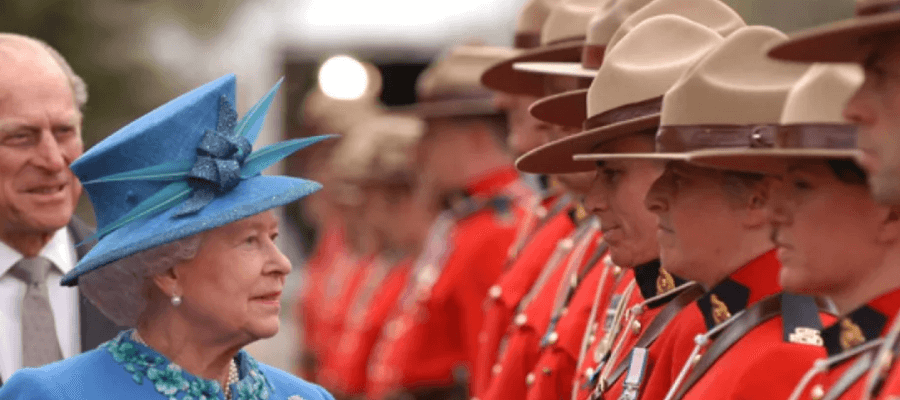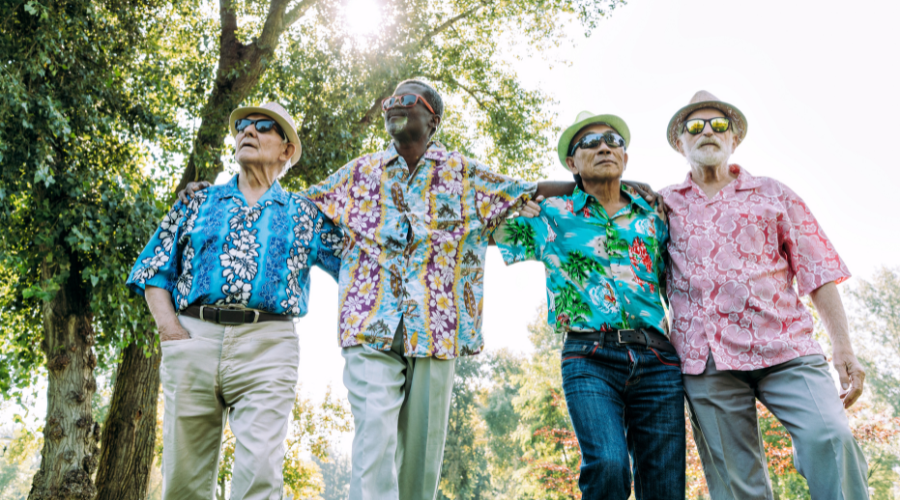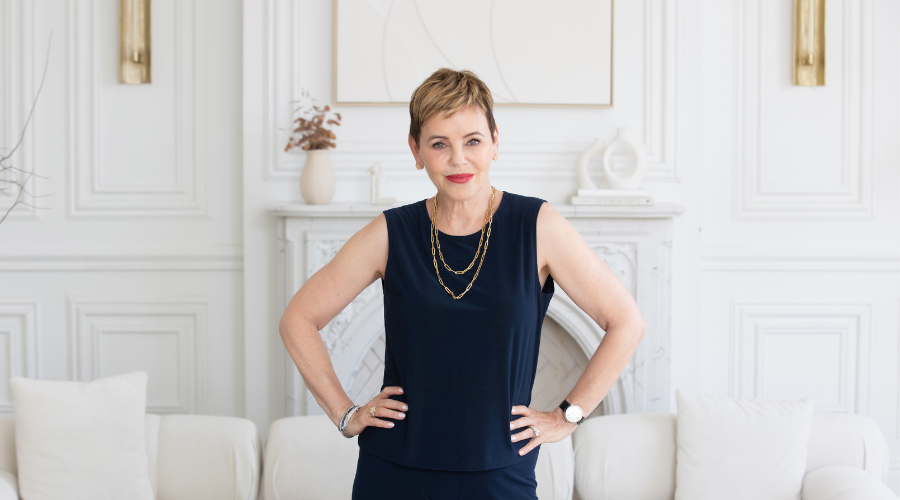By Joyce Wayne
Photo from CBC
It’s been a few weeks since Queen Elizabeth passed away, yet I find myself thinking about her more than I expected and with increasing admiration. I’m curious if others feel the same way I do: that the Queen was a fixture in my life, indomitable and reliable. She became Queen when I was an infant. As Prime Minister Trudeau remarked, “she was Queen almost half of Canada’s existence.’’
Only two days before her death, she appointed a new British Prime Minister, Liz Truss, and she made appearances celebrating her 70 years on the throne only a month earlier. Her children adored her, and so did the British public if the public outpouring of emotion can be measured as a tribute to her long, remarkably steady reign.
I saw the Queen in person in 1959 when she visited my hometown of Windsor. The royal couple arrived by yacht after sailing the newly opened St. Lawrence Seaway. My mother and I crowded along the main street as we struggled to glance at the enormous Ford convertible carrying the Queen and Prince Philip. Mother pushed us to the curb so I could make out her expressions and see her discreet smile and practiced wave, a look and gesture that would become familiar to all of us who lived through her adventures as Queen. Back then, I was amazed that she would travel so far to visit our rough and ready city.
Her many appearances here and throughout the Commonwealth marked the coming to adulthood of a generation of Canadians who observed the marriages, divorces, missteps and follies of her children and now her grandchildren, all the while mirroring shades of our private dilemmas and family divisions. As the Queen and her children aged, we grew older and possibly wiser, along with her. King Charles III is only a few years older than I am. As members of the baby boomer generation, we’ve all enjoyed the relative peace of the post-WWII era. Now we are experiencing the turbulence of a deadly pandemic, the new inflationary pressure on our finances, a brutal war in Europe, and our quiet yet heartfelt anxiety about our children’s and grandchildren’s future in an overheating, unpredictable global environment.
Peter Bergen, CNN’s national security analyst, said it best: “Duty is a rather old-fashioned concept today in a world rife with public figures who hunger only for power to be achieved by any means available. But duty is the one word to best summarize the reign of Queen Elizabeth II, who died at 96. The Queen selflessly gave of herself. Hers was a role that is ceremonial, but it is also deeply embedded in the oldest constitutional monarchy in the world and in a country that has given the world so many of the concepts and policies that we associate with democracy.”
In today’s Britain, Brexit, inflation, and the decrease in the value of the pound add up to an uncertain economic future. These factors could put immense pressure on the new monarchy to uphold the values that the British royalty exhibited during World War II, when Princess Elizabeth became the first member of the royalty to train as a mechanic. She, with her sister Margaret, spent the war years at Windsor Castle, while bombs rained down on the capital and many privileged children were evacuated to Canada and the U.S., far from the cannonading bombs in the U.K. Throughout the war, the royal family remained determined to stay close to home.
For those of us whose years are marked by Elizabeth’s calm and steady presence, we might feel adrift in the months to come, as I sometimes do. I enjoyed her predictable fashion style, her matching dresses and coats and marvellous hats. Her neat, little handbags. The debonair Prince Philip always two paces behind her. I will forever recall the Queen’s endearing smile.
When I flew to London in 1978, I visited Buckingham Palace, Windsor Castle and drank in the atmosphere of a city and a country steeped in tradition and history. As a student of English literature, this first trip to London felt like the opening wide of a door into a world I’d only read about in novels and poetry or seen in plays. Suddenly, I was on the ground: visiting the Charles Dicken’s house, Virginia Woolf’s Bloomsbury, relishing the atmosphere of literary London with its myriad of bookstores, landmarks, public lectures, and theatre–particularly the artful recreation of Shakespeare’s Globe Theatre on the banks of the river Thames.
Although it might not be fashionable –or woke– to wax nostalgic about the glories of the English monarchy and its imperial history, it is the tradition in which many Canadians aged 55 and older were raised. We recall singing God Save the Queen with Elizabeth’s photo positioned high on the wall of our classrooms.
As the world grew more complicated during the swinging sixties, I suppose the Queen appeared out of touch with the times. Still, possibly it was her who realized that steadfast, hard-working, reliable ways would eventually become important once again. Today those traits are increasingly treasured. Being friendly and kind seems more critical than ever; and being even-handed in one’s treatment of everyone, no matter their status or race or ethnicity, appears to be the defining characteristic more and more of us admire in people. The Queen could have been grumpy, nasty, unfair and bull-headed. Yet, everything we’ve seen and know about her tells an entirely opposite story.
I suspect I will think about Elizabeth II often in the coming months and how she would react to certain world-altering events. With the spotlight on her for 70 years, she remained an example of a decent, thoughtful person no matter the situation. May she rest in peace. And may we emulate her considerate, even-handed ways.
































